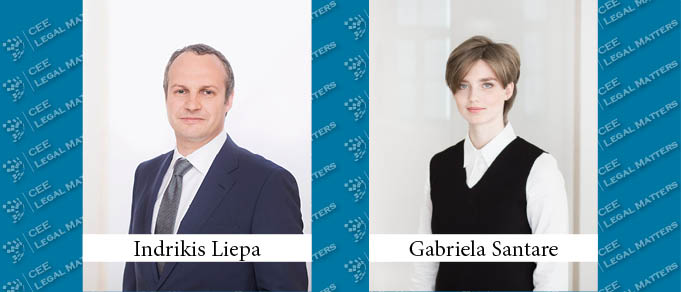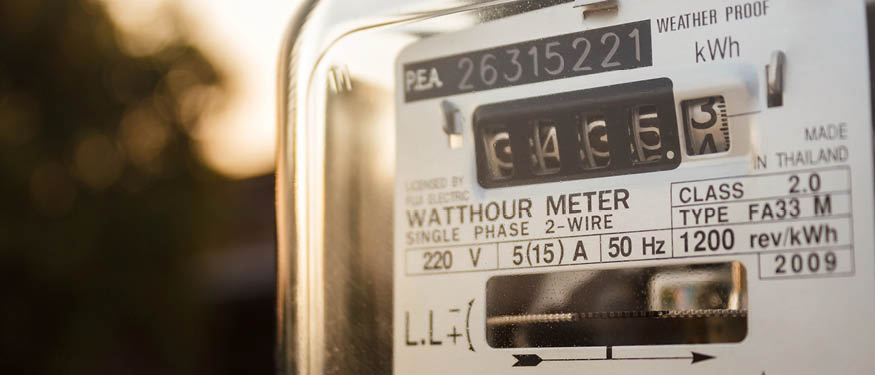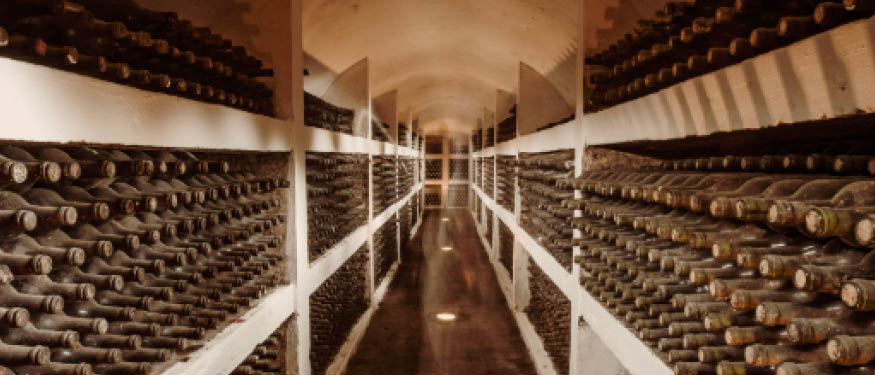Following Russia’s war in Ukraine, Latvia has adopted preventive legislation in the name of its national security and interests. In particular, in May and September 2022, the Latvian Parliament adopted amendments to the law aimed at strengthening its information space. Thus, it is no longer allowed to retransmit programs whose jurisdiction undermines or threatens the territorial integrity, sovereignty, or national independence of another country.
In light of these amendments, the National Electronic Media Council (the Authority) has banned all television channels registered in Russia from broadcasting in Latvia. This ban will remain in force until Russia ceases hostilities in Ukraine and ensures the territorial integrity and inviolability of Ukraine, including until Crimea is also de facto part of Ukraine. Interestingly, the Authority’s decision applies to all television channels registered in Russia, including channels that transmit entertainment or movies, not only news channels.
The adoption of these restrictions was based on the assessment of the broadcast of Russian TV programs against Latvia’s national security interests. Given that on-demand television programs or audiovisual services can be used as a means of informational warfare, the state has considered it particularly important to ensure that only such programs which are in the national interest of Latvia are distributed within the territory of Latvia. The use of freedom of expression as a possible tool in informational warfare and its financing, thereby endangering national security, is not an acceptable expression of freedom of expression, as it is incompatible with the general objectives of electronic media – to inform, educate, and entertain the public – and is contrary to the fundamental principles of democracy.
In deciding to ban the retransmission of Russian television channels in Latvia, the Authority established that the benefit to the public far outweighed the restriction of freedom of expression, as the public would no longer be able to access content and information that could threaten the security of both Latvia and Ukraine and the security of Europe as a whole. Moreover, the Authority took into account the fact that the revenues from the distribution of the programs may be used to finance the war. Therefore, the transmission of such programs must be banned until Russia ends its aggression in Ukraine.
Interestingly, in assessing the potential damage that may arise from the ban imposed by the decision, the Authority concluded that, although the distributors in question may suffer damage, the overall benefit to the media industry and society will be significantly higher than the ban on the merchants for a certain period of time to distribute the programs in question. Therefore, the restriction is justified also due to the fact that the Russian Federation will no longer receive revenues from the distribution of the programs in question on the territory of Latvia and, thus, these programs will no longer be used to finance the war.
However, journalists in Latvia have criticized the restriction. Although the need to reduce risks to the Latvian informational space is not disputed, it is still possible for viewers to access these channels through different European broadcasters or even internet pages and applications, including Russian ones, where these channels or their content is made available. Therefore, the aim of the restriction is not achieved in full. Moreover, it has been noted that it may also infringe upon Latvian journalists’ right to free speech as, in theory, they are not able to follow information disseminated in Russian mass media, evaluate and recheck it, and provide truthful information in response to disinformation spread by Russia. In journalists’ opinion, this does not strengthen the overall understanding of the ongoing war – in particular for people that continue to follow Russian media.
It is expected that the Authority’s ban will also be subject to judicial review. In this respect, it seems relevant that the CJEU has recently reviewed a similar restriction in the case T-125/22, where limitations on RT France’s freedom of expression were evaluated in the circumstances of war. Although the decisions taken by the Latvian authority at a national level may still be subject to judicial review, in light of the case law of the CJEU and the ECtHR, it is clear that where national interests and national security is at stake, the state may resort to exceptional measures and ban the broadcasting of the aggressor’s national television programs. Although the efficacy of such a decision is still questionable.
By Indrikis Liepa, Partner and Head of IP, IT, and Regulatory, and Gabriela Santare, Associate, Cobalt
This article was originally published in Issue 9.10 of the CEE Legal Matters Magazine. If you would like to receive a hard copy of the magazine, you can subscribe here.
















